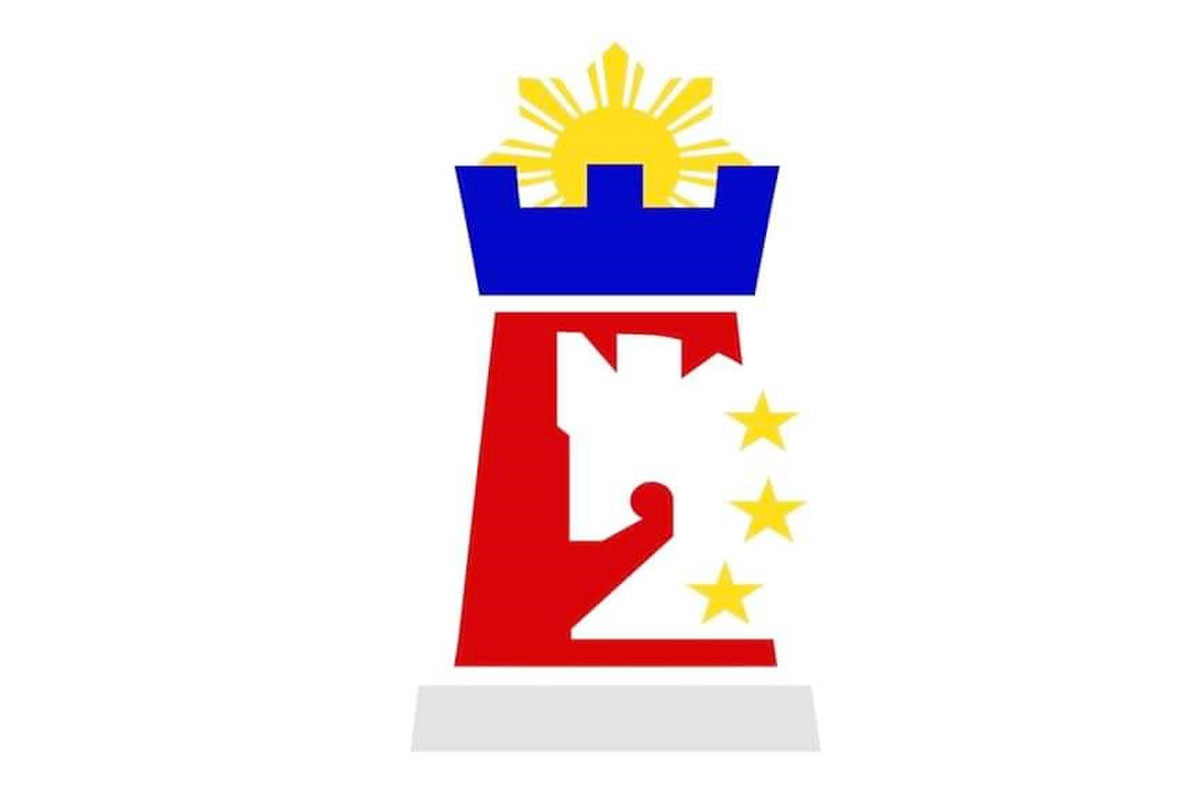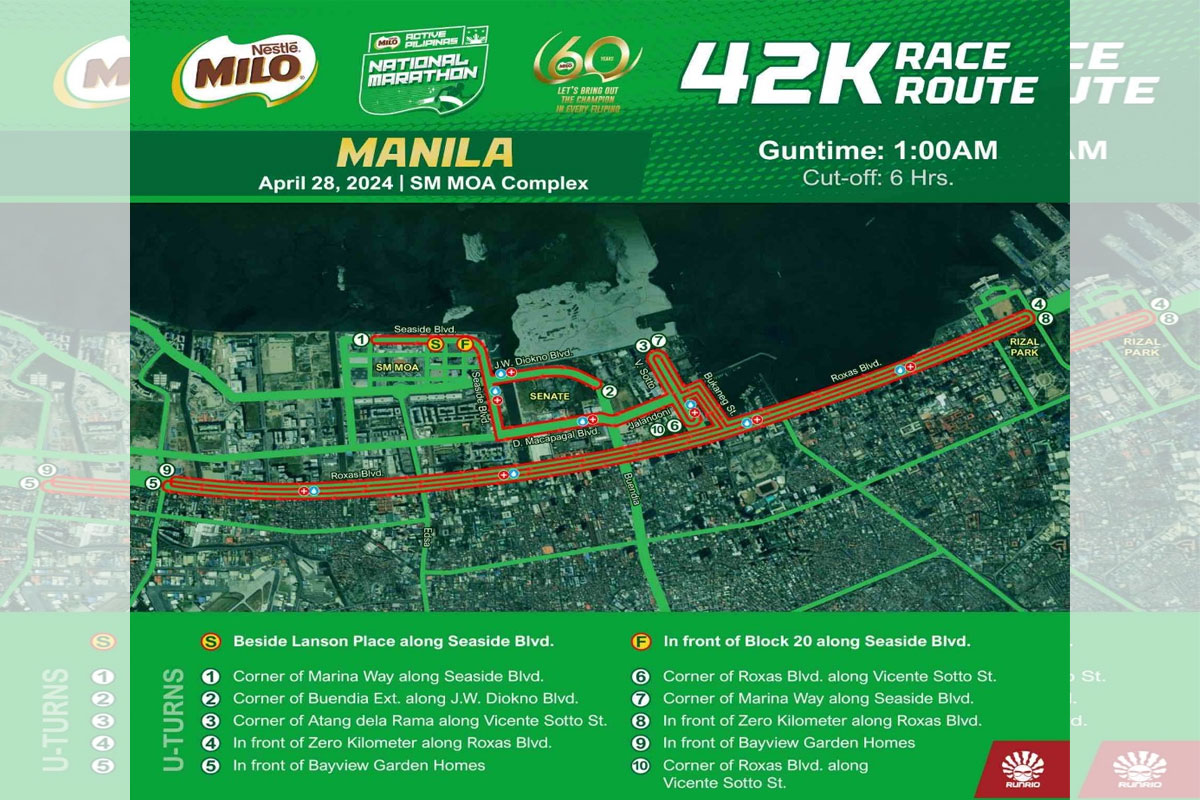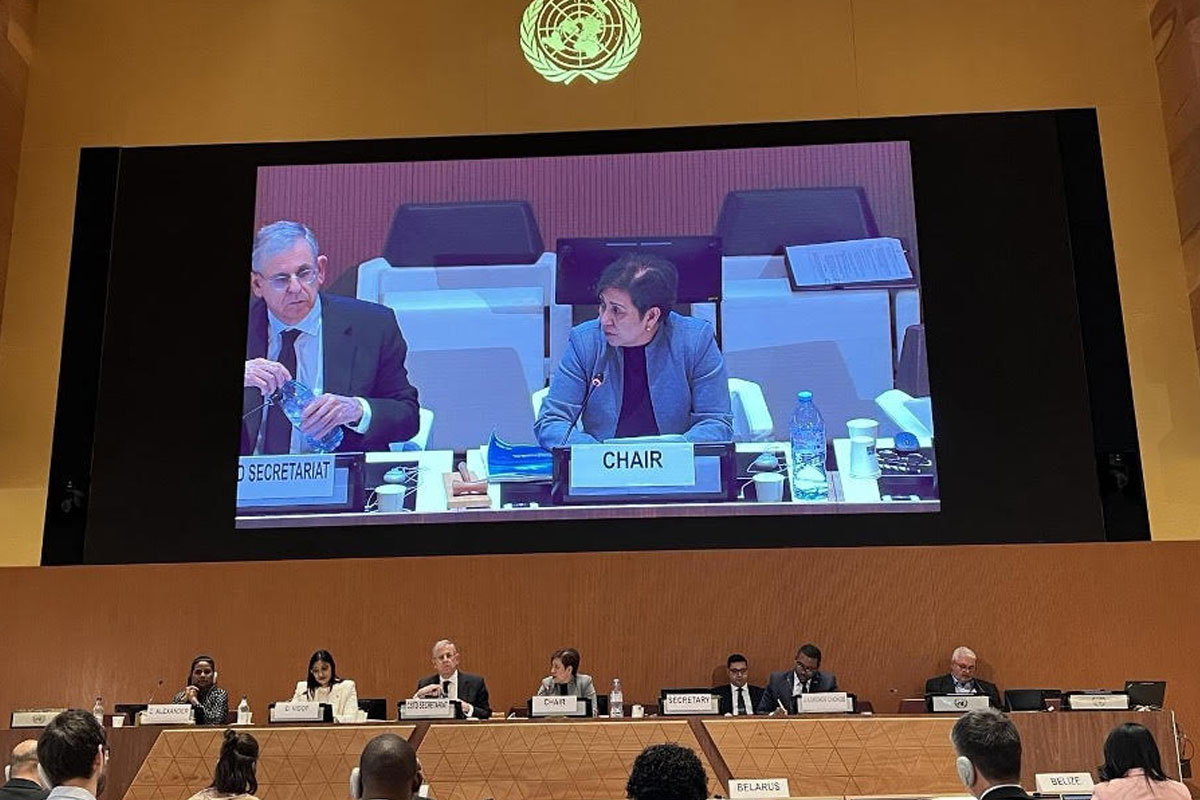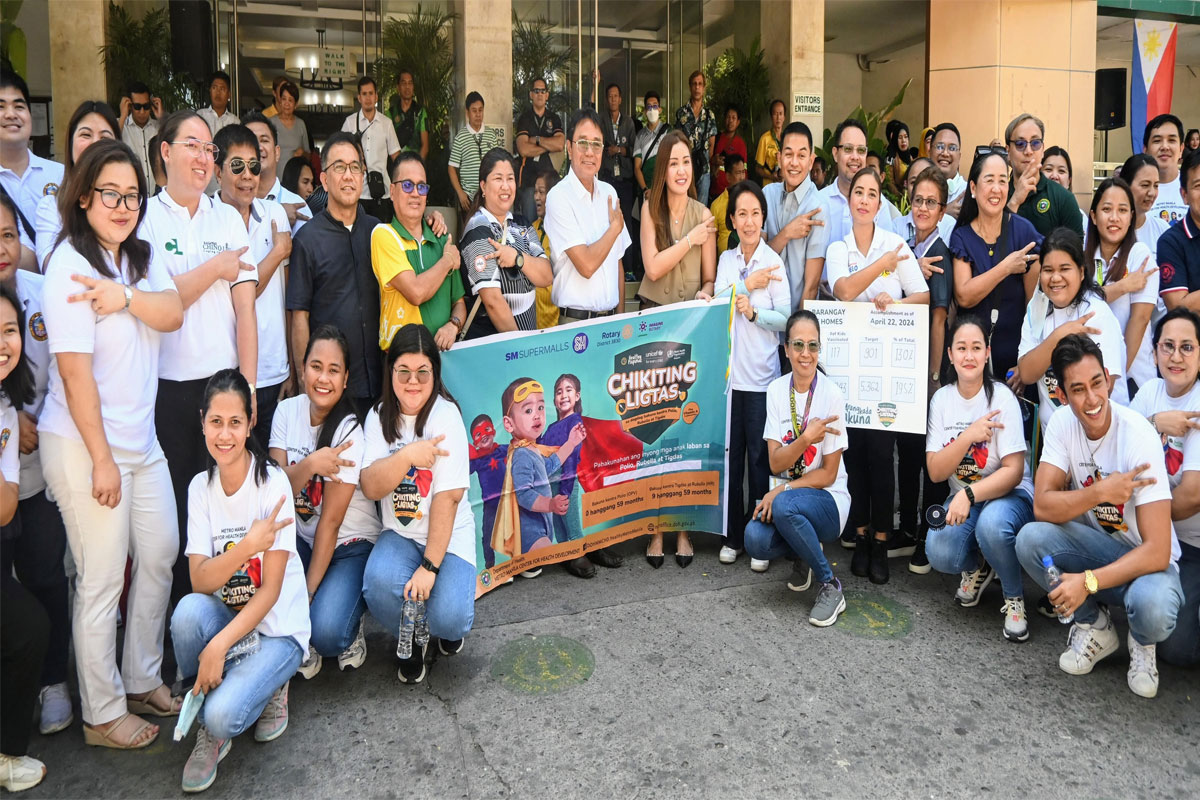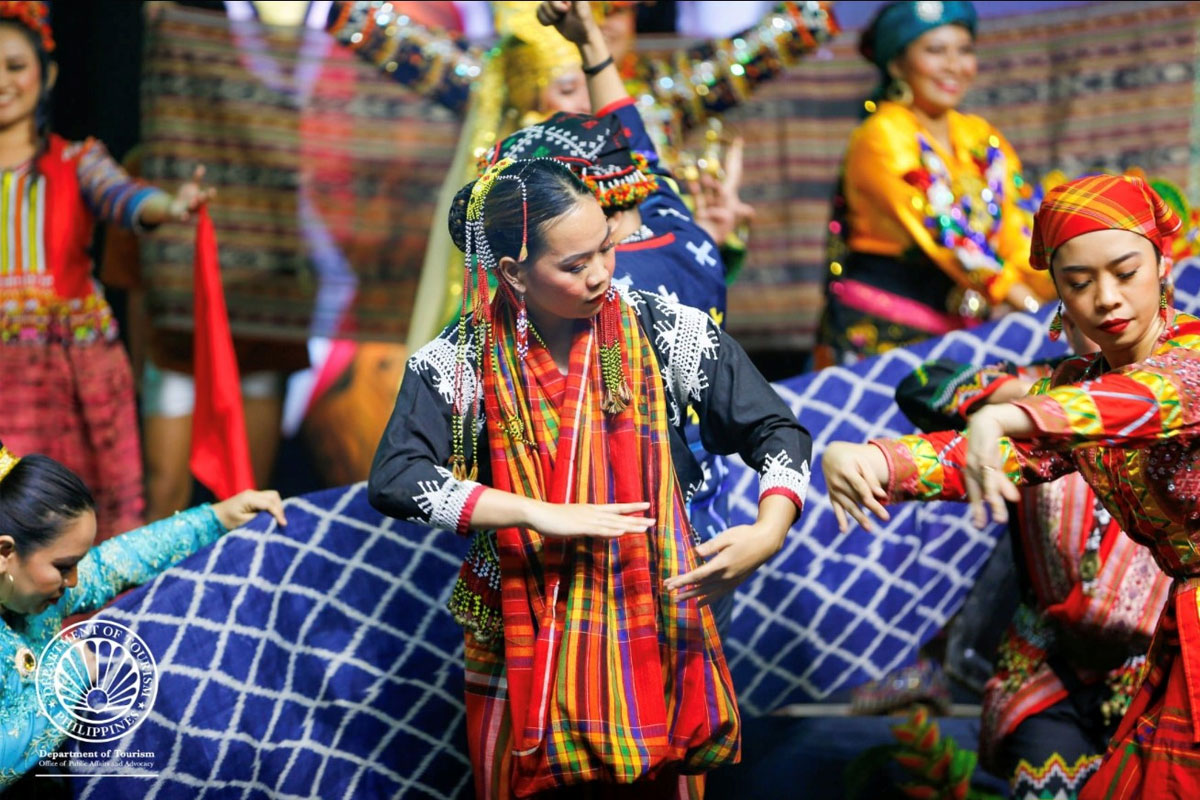
Good job DOTr!
 AS they say, more hands are better than one. And a couple of government agencies led by team player executives tasked to promote the welfare of overseas Filipino workers is turning this maxim into action.
AS they say, more hands are better than one. And a couple of government agencies led by team player executives tasked to promote the welfare of overseas Filipino workers is turning this maxim into action.
Just two years ago, the European Union (EU) warned the Philippines that its seafarer certificates may be revoked if it fails to comply with the International Convention on Standards of Training, Certification and Watchkeeping (STCW) for Seafarers.
This was prompted by an earlier audit by the European Maritime Safety Agency (EMSA) on the country which found some shortcomings in training equipment and inconsistencies in teaching and assessment.
So the government acted accordingly to fill the gaps. Lauding the Philippines for its action, the European Commission (EC) even pledged additional assistance in these areas for local seafarers.
No other than Transport Secretary Jaime Bautista delivered the good news — that the Philippine maritime training and certification system will continue to be recognized by the EC as it extended recognition of the country’s compliance to the STCW.
This would have been impossible without the cooperation between the Department of Transportation (DOTr) and Maritime Industry Authority (MARINA). Their partnership adequately addressed many of EMSA’s findings.
Secretary Bautista noted MARINA’s relentless efforts with other stakeholders to address the findings in the EMSA final inspection and EC’s assessment report.
Over 49,000 Filipino marine officers and their families stand to gain from the decision.
The Philippines has been the world’s largest supplier of seafarers for over three decades. And it is common to find Filipinos navigating and working in vessels in international waters.
Government records show there are some 490,000 Filipino seafarers in different parts of the globe — more than a quarter of all merchant shipping crew members who are deployed on domestic or foreign-flagged shipping vessels worldwide.
And overseas Filipino seafarers contribute an average P376.12 billion yearly to the Philippine economy.
In global seafaring, Filipinos are the most preferred seafarers because of our innate character, good training and English proficiency, and ability to easily adapt and learn.
But in order for the country to ensure the steady supply of world-class and globally competitive seafarers, the industry needs sutained government support. This is especially so amid some hanging issues raised by the EC.
Secretary Bautista is not daunted by these challenges. He assured the EC that the Philippines, through the DOTr and MARINA, will continue to work together to address the unresolved issues.
The transport chief also thanked EC’s offer of technical assistance to further improve the implementation and oversight of minimum education, training and certification requirements as well as the living and working conditions of Filipino seafarers.
Likewise, Secretary Toots Ople of the Department of Migrant Workers commended DOTr Secretary Jaime Bautista for his work towards accelerating reforms in the maritime sector.
Being considered among the best if not the best seafarers in the world, Filipinos should never have been in danger of being blacklisted if the government and industry stakeholders were united in the efforts to help OFWs.
The call for integrated pro-OFW measures becomes more urgent with the growing number of Filipino sailors being dispatched to Europe.
The deployment of around 100,000 Filipino seafarers with European flag vessels would surely have been compromised if the Philippines had not passed the EC audit.
We could only hope that the DOTr and MARINA – which made significant efforts to comply with the requirements under the International Convention on STCW for seafarers – would preserve their collaboration and expand such tie ups with other government agencies and stakeholders.
The alliance should lead to the continuous review of courses being offered to Filipino seafarers to meet STCW and EMSA requirements, and check if they are really up to standards.
It must allow our seafarers meet the stricter standards of the global maritime industry so that more could be deployed in international vessels, and maintain the Filipinos’ status as the “most wanted” seafarers in the world.
True enough, more can be done if all heads of agencies will be more cooperative than combative.





